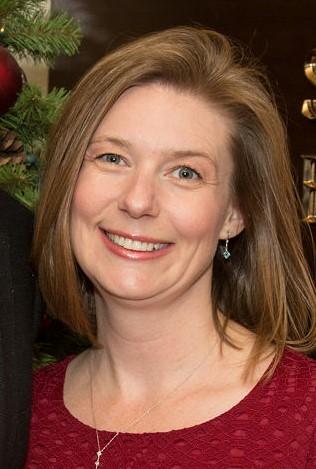About this Person

About this Person
A recent graduate from U of G, Emerson used his time here to develop his research skills and abilities by engaging in course-based and paid experiential learning (EL) opportunities. He enrolled in community engaged learning courses in order to expose himself to non-traditional lecture styles of teaching and learning. Through these courses, Emerson learned how to find and form partnerships with individuals and organizations outside of the university, and how those partnerships could benefit both the organization and himself.
"For myself as an Arts student with out co-op, it was a way to gain and apply knowledge and skills outside of the traditional classroom format."
Through his EL engagement, Emerson was able to relate real world experiences to his academic program and course requirements. Additionally, he found that through doing a URA, he was able to engage in research opportunities that had implications which were more far-reaching than traditional projects. "For myself as an Arts student without co-op, it was a way to gain and apply knowledge and skills outside of the traditional classroom format," he shares.
As a peer helper for a SOAN course, Emerson had the opportunity to interact with undergraduate students who were taking experiential learning courses. He helped coach students through their experiences, and facilitated the connection between experience and academics. Emerson aspires to be a professor, and found this opportunity to be a great way of learning how to implement EL in his teaching practices. One of the key benefits of EL for Emerson was the professional development; he gained academic skills for research as well as employability skills.
"Experiential learning does require more commitment, but students will have more to show in the end."
In order to manage his time effectively, Emerson chose to partake in EL opportunities that were either course-based, which meant they would count towards his total academic credits, or paid. "Experiential learning does require more commitment, but students will have more to show in the end," he says. For Emerson, the impact of EL was so significant, it led him to a Master of Arts degree wherein he is currently researching EL. He says that EL helps students to get a sense of what they can do with their degree and helps with future planning.
